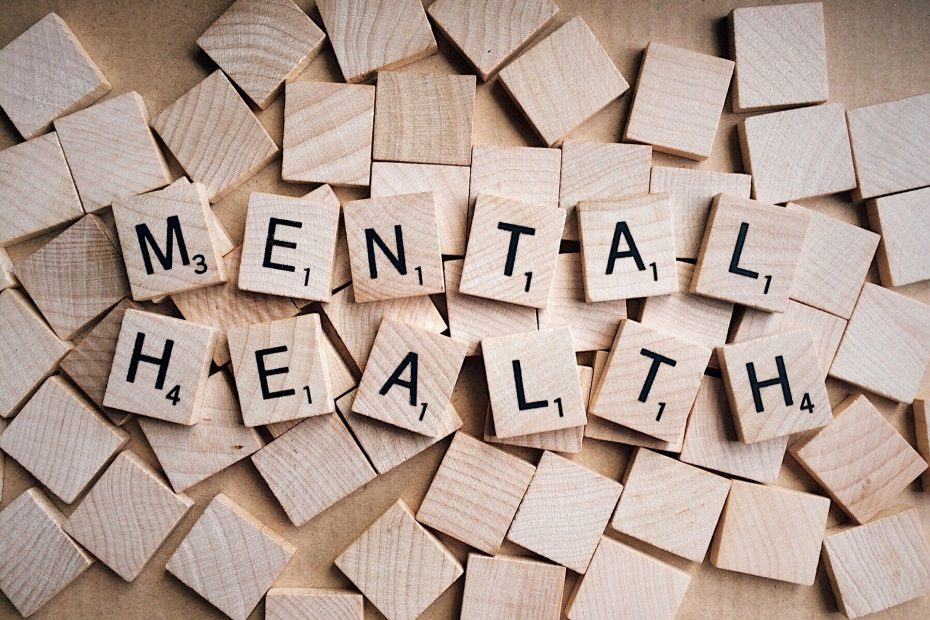
Image credit: UCL (University College London)
Mental health is a fundamental state of well-being where an individual understands his or her ability to think, feel and interact with people and does so appropriately. It influences how we feel, behave, interpret gestures, make choices, develop relationships, cope with stress and challenges, and live our every day life.
Good mental health is not just about being free from depression or anxiety or other psychological illness. It becomes about how well an individual can live productively, have a positive character, contributing to his community, and enjoying life.
 image credit: pixabay
image credit: pixabay
Different factors contribute to mental health problems:
- The genetic make-up of an individual.
- Experiences in life like trauma, physical abuse.
- Upbringing of an individual.
- Social and human right violations.
- Unhealthy lifestyle like smoking, drug abuse and addiction.
- Discrimination and criticism from others.
The mood, behavior, thinking and actions of an individual could be affected by any of this
SIGNS OF POOR MENTAL HEALTH
- Constantly feeling hopeless and helpless
- Prolonged sadness and irritability
- Extremely high and low moods.
- Exaggerated fear, worry, or anxiety.
- Social withdrawal (difficulty relating with people).
- Sudden changes in eating or sleeping habits.
- Dependence on drugs and alcohol to feel good.
- Difficulty concentration and mood swings.
Knowing these warning signs can help you identify and reach out to people who are experiencing mental health issues.
We all, at some point in our lives go through difficulties, disappointments, challenges and experience changes. All these can have an impact on our mental health even when they are normal aspects of life. Having a good mental health will enable you bounce back from such trauma or disappointments. The ability to bounce back is resilience.
Mentally healthy people show a sense of contentment and purpose; are flexible in adapting to change; develop and maintain healthy relationship; are self confident; concentrate and achieve set goals amongst others.
Good mental health is of utmost importance because an individual is able to cope in difficult situations while being productive, positive and hopeful.
MAINTAINING YOUR MENTAL HEALTH
It is essential to maintain and protect your mental health by:
- Staying away from activities and people who are toxic to your mental health such as social vices; abusive people (verbally and non-verbally).
- Avoid alcohol and drugs. While these will make you feel good at first, they can later change your mood and cause depression.
- Participate in regular exercise as it aids mental and physical development.
- Communicate the way you feel about events and situations encountered to people you know care about your well-being (family and friends) and also ask for help and advice from them.
- Accept yourself by accepting your weaknesses and strengths; doing things you are good at and things that will make you happy boosting your self-esteem.
- Try something new out of your regular schedule; take time out to care for yourself then people around you; promote an environment that would support your mental health as well as others.
It is therefore important to protect and maintain good mental health because every issue of life comes from it.

Ezike Nonye is a Pharmacist who completed her Bachelor degree from University of Lagos (B.Pharm). She is currently exploring digital marketing analytics as a novel field in Pharmacy practice while also interning at the Federal Medical Center (FMC) Abeokuta, Ogun State, Nigeria. She is a graphic designer, a blogger and an entrepreneur. She is passionate about creating new things from nature and believes that there is no limitation to what you can achieve. She is a Christian and loves writing and open to new ideas and skills.

